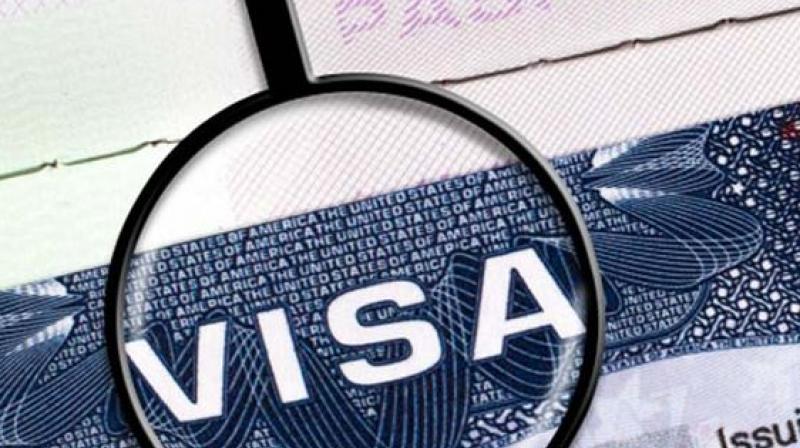NEW DELHI : The Government has sought detailed business data from the industry, mainly the IT companies, so that it can effectively take up their concerns over the US visa issue with the new American administration.
The issues related with visa was discussed during a meeting chaired by Commerce and Industry Minister Nirmala Sitharaman last week.
It was suggested that the industry body like Nasscom should collate the data and assess the likely impact of the proposed changes in the visa regime by the US.
“The government needs solid data to take up the industry concerns with America,” sources said.
An industry source too stated that they have been advised to share the data “as in how much business will be impacted due to the new American visa policy”.
Sitharaman on February 9 held detailed discussions with top government officials and industry representatives on the proposed tightening of the US visa regime and its impact on the domestic IT sector.
Secretaries from the ministries of external affairs, finance, telecommunication, electronics and IT, commerce as well as DIPP, besides representatives of industry chambers and Nasscom, were present.
The proposed overhaul of popular H-1B visa regime by US President Donald Trump has raised concerns among Indian IT firms, as any changes in the visa regime may result in higher operational costs and shortage of skilled workers for the USD 110 billion Indian outsourcing industry.
Indian IT sector, which contributes 9.3 per cent to the country’s GDP, is one of the largest private sector employers of 3.7 million people.
The US accounts for nearly 62 per cent of the exports, while EU is the second largest market for the Indian IT services exporters contributing approximately 28 per cent.
Recently, a US legislation (Lofgren Bill) has been introduced that proposes doubling of the minimum wages of H-1B visa holders to USD 130,000. The current H-1B minimum wage of USD 60,000 was fixed in 1989 and has since remained unchanged.
Such protectionist stance by the US could also spell more trouble for IT firms that are already facing strong headwinds from currency fluctuation and cautious client spending. (AGENCIES)


